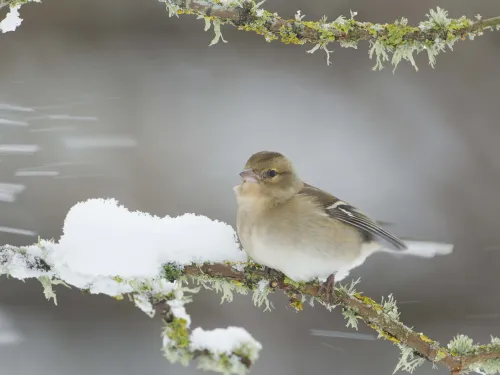
Chaffinch
The colourful and delightful chaffinch is a regular garden visitor across the UK. Look out for it hopping about on the ground under birdtables and hedges.
Want to learn more about wildlife near you? You're in the right place, search below and discover the nature you can help protect in Kent.

The colourful and delightful chaffinch is a regular garden visitor across the UK. Look out for it hopping about on the ground under birdtables and hedges.
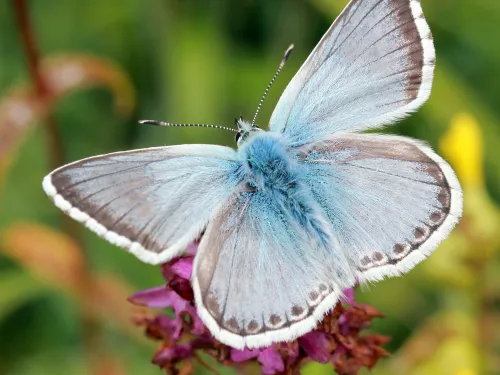
Unsurprisingly, the chalkhill blue can be found on sunny, chalk grassland sites in southern England. Clouds of this beautiful blue butterfly may be seen fluttering around low-growing flowers.
Chamomile releases a beautiful, apple-like scent when crushed. For this reason, it was used in Elizabethan times as a plant for lawns and seats! Today, it is scarce in the wild, its grassland habitats under threat.
This yellow-brown seaweed grows in tufts at the very top of rocky shores. Its fronds curls at the sides, creating the channel that gives Chanelled Wrack its name.
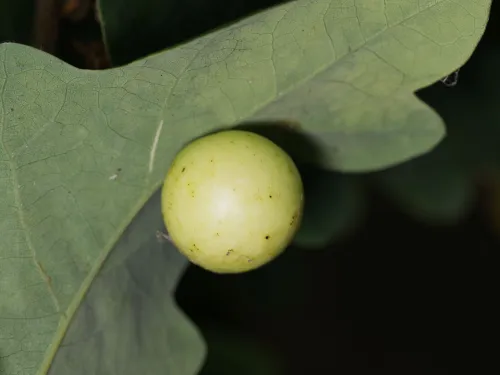
Living up to its name, the cherry gall wasp produces growths, or 'galls', on oak leaves that look like red cherries. Inside the gall the larvae of the wasp feed on the host tissues but cause little damage.
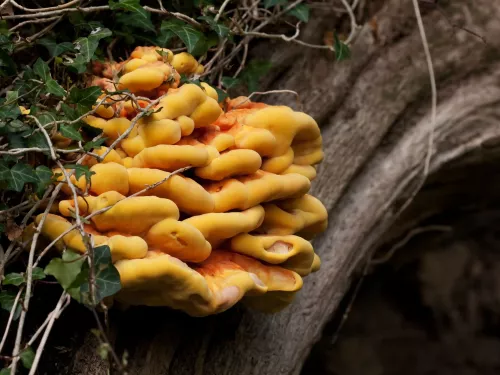
Chicken of the woods is a sulphur-yellow bracket fungus of trees in woods, parks and gardens. It can often be found in tiered clusters on oak, but also likes beech, chestnut, cherry and even yew.
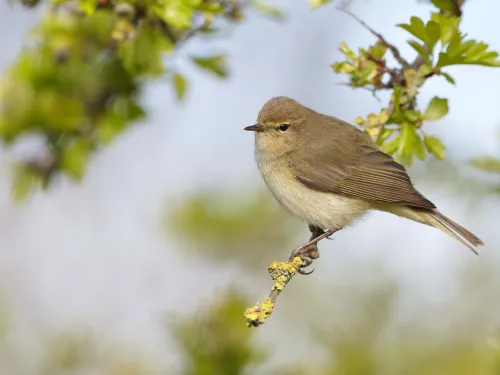
In early spring, listen out for the 'chiff chaff chiff chaff' song of the appropriately named chiffchaff. It can be heard in woodland, scrub, parks and gardens across the UK.
Considered to be one of the prettiest gentians, the Chiltern gentian is a rare plant in the UK. It likes chalk grasslands, its purple, trumpet-shaped flowers blooming from August.
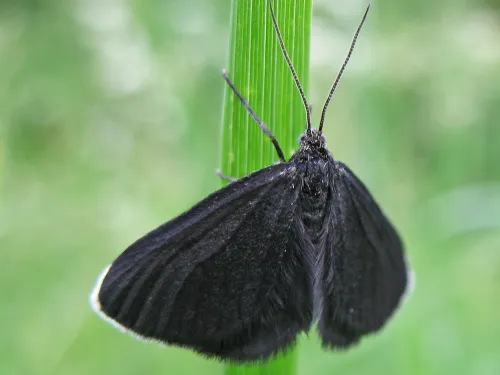
This sooty-black, day-flying moth is active on sunny days, rarely settling in one place for long.
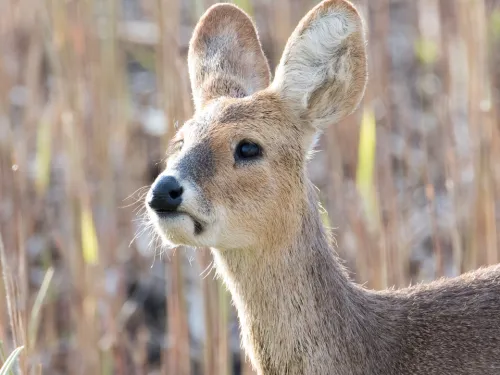
Chinese water deer are easily distinguished from other deer by their strange teddy bear like appearance and the huge canine tusks displayed by the stags.
Found on rocky shores around the UK, Chitons are a kind of mollusc identifiable by their characteristic coat-of-mail shells.
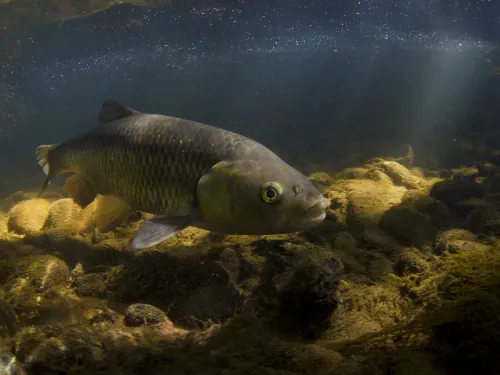
The silvery chub can be seen gathering in large shoals in lowland rivers and streams. It is a member of the carp family and looks very similar to the dace, but is larger and has redder fins.